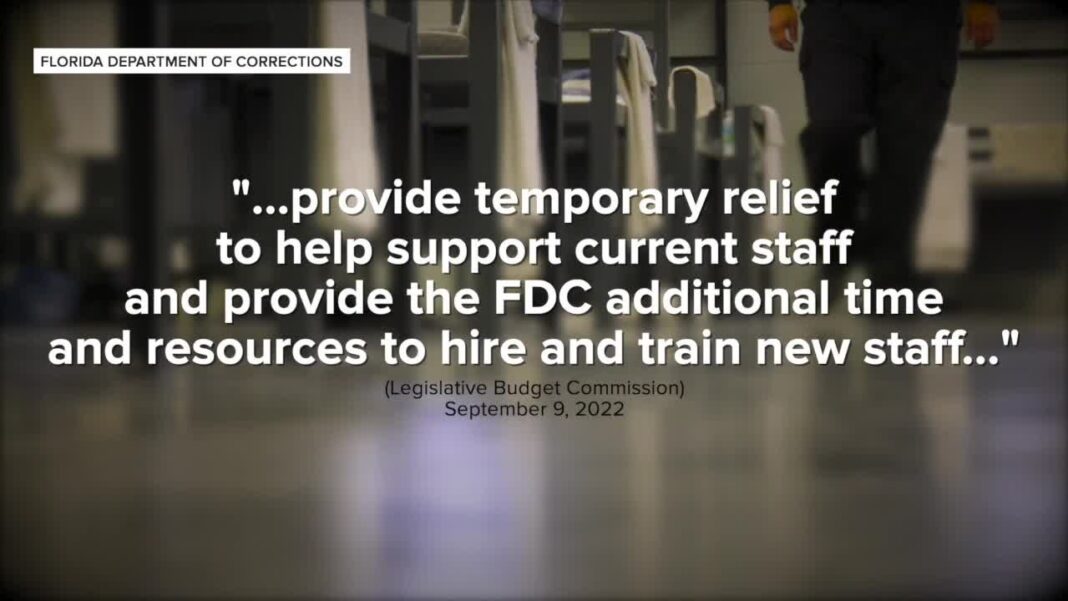Schools postpone reopening. Businesses are shut down. Residents line up for a new throat swab.
Once again, dozens of Chinese cities are tightening COVID curbs in the run-up to the major Chinese Communist Party (CCP) meeting next month.
A weeklong lockdown in the metropolis of Chengdu was extended on Sept. 8 after over a hundred COVID-19 cases were reported. Officials on Sept. 1 ordered its 21 million residents to stay at home while conducting three-day citywide COVID-19 testing. The order had since been extended.
At Thursday’s briefing, authorities extended the curbs in most areas as “the risk of community transmission still exists in some regions.” Chengdu, the biggest city to be locked down since Shanghai’s two-month closure, has yet to announce an exit plan.
At least 34 Chinese cities have been placed under partial or full lockdown as of Sept. 5, including seven provincial capitals, according to the health news platform of People Daily, the CCP’s flagship newspaper. These cities range across the country, from northern oil production center Daqing city to southern tech hub Shenzhen.
The COVID curbs disrupt the lives of 291.7 million residents, accounting for 20.7 percent of China’s population, Japanese bank Nomura said in its Sept. 6 note. Nomura estimates that 49 Chinese cities had various levels of lockdowns or control measures, which contribute to 24.5 percent of the country’s gross domestic product (GDP).
The widespread shutdown came as the CCP prepares for its important 20th Party congress, which is set to open on Oct. 16 in Beijing. During the twice-a-decade party conclave, Chinese leader Xi Jinping is seeking a record-breaking third five-year term in office, and the new top leadership will be unveiled.
While Xi is expected to secure his position, “the rising infections have become the biggest variable of the party congress,” said Chinese commentator Wang He. “If the outbreak hit Beijing suddenly, could the party congress continue?”
By Dorothy Li






